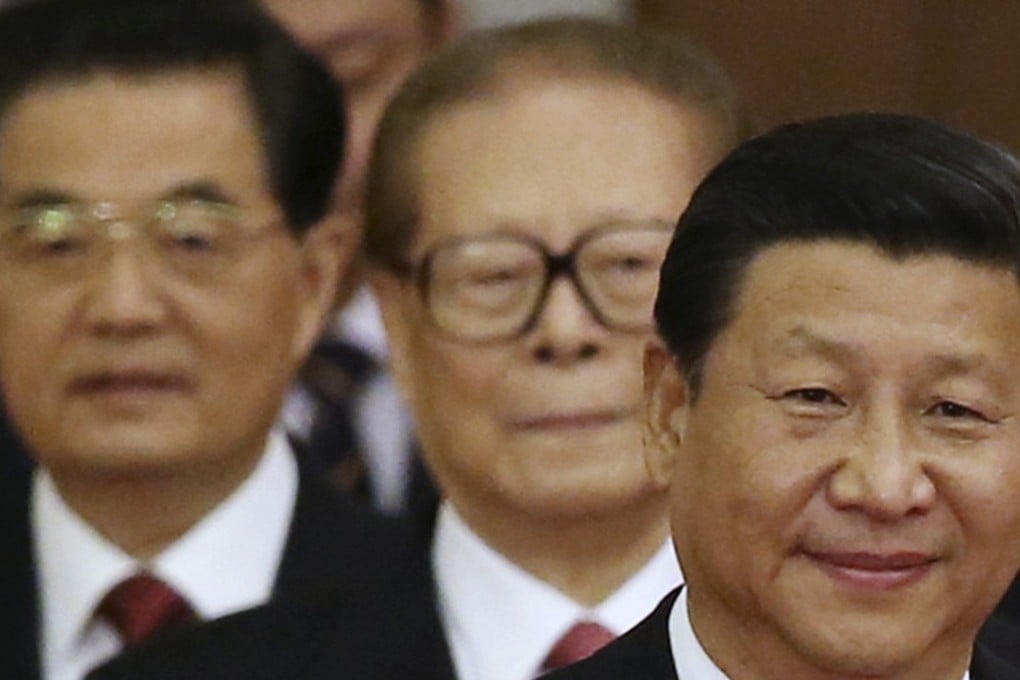Does Chinese leader Xi Jinping plan to hang on to power for more than 10 years?
The ranks of potential successors have been thinning out ahead of party congress

The leader of China’s Communist Party, Xi Jinping, will begin a second five-year term this month. Many observers say it’s unlikely to be his last.
Ahead of the party’s national congress, due to start in Beijing on October 18, the ranks of potential successors have been thinning out. Former Chongqing party boss Sun Zhengcai, 54, who had been regarded as a rising star, was expelled from the party last Friday after being taken away for questioning by party anti-graft inspectors on July 14.
If, after the congress, no putative heir is elevated to the Politburo Standing Committee, the party’s highest decision-making body, it will be the clearest sign yet that Xi is eyeing a third term as the party boss, possibly as general secretary or under another title, that would start in 2022.
Leadership transitions in the party have historically been a difficult process, with the only the past two – in 2002 and 2012 – having any resemblance to an institutionalised process.
The first of those was when Jiang Zemin made way for Hu Jintao, Xi’s predecessor. But Hu had been a Politburo Standing Committee member for 10 years by then, having been elevated to that position by late paramount leader Deng Xiaoping in 1992 as successor in waiting. And Jiang only fully handed over power two years later when he vacated from the post of Central Military Commission chairman, which commands the People’s Liberation Army.
“When Jiang stepped down, that was a momentous event,” said Susan Shirk, chairwoman of the 21st Century China Centre at the University of California, San Diego. “Achieving leadership succession in a Leninist state has been very difficult, and the Chinese Communist Party is the first to do that.”